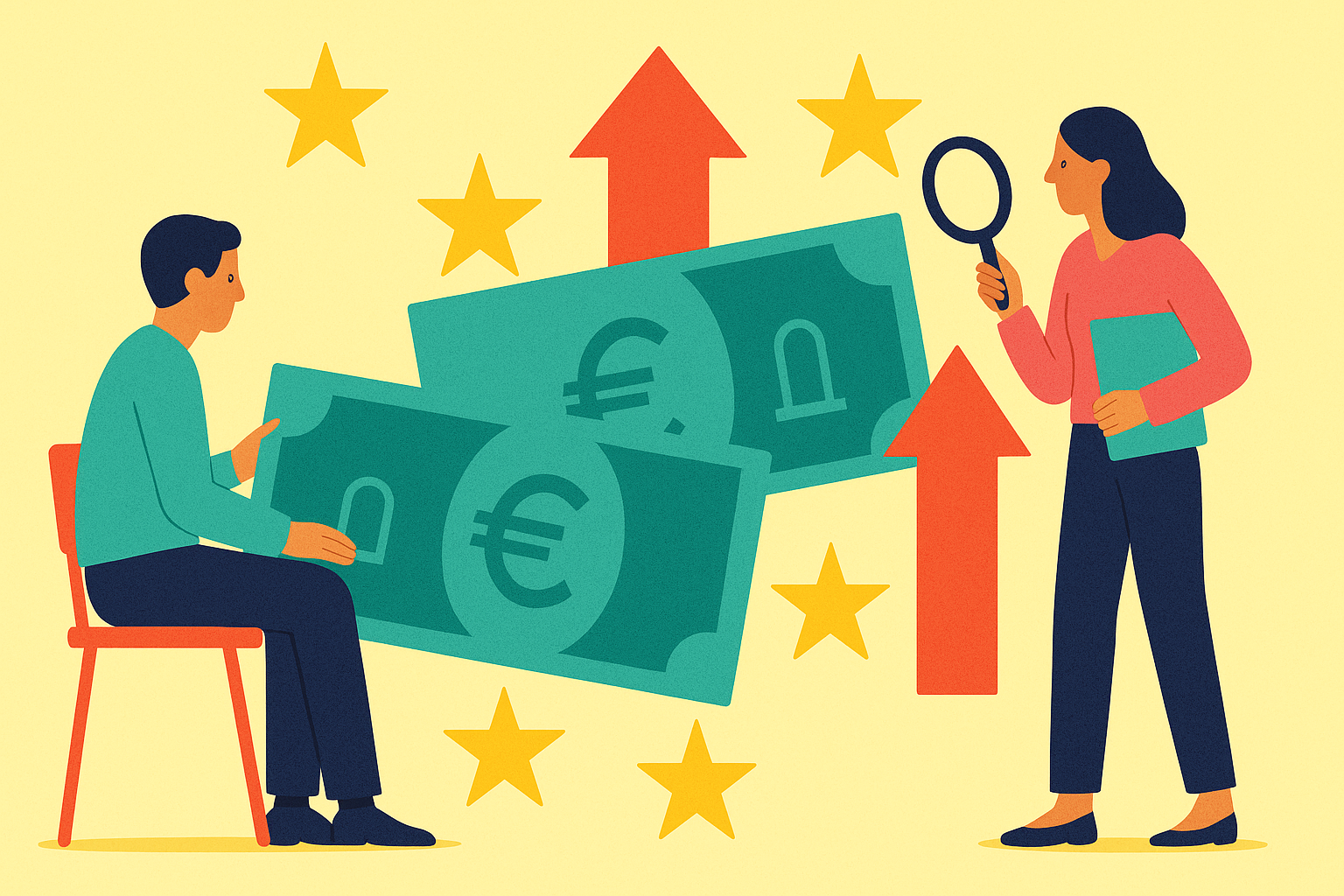Eurozone News
LAST UPDATE: July 26, 2025
Euro zone economy holds up even as ECB speakers look to temper market view of no more cuts
The euro zone economy continues showing resilience: ECB maintained its key rate at 2%, and policymakers cautioned markets that they have not ruled out future rate cuts. (Reuters, Reuters)
Insight
Economic data suggest modest growth and stable inflation, yet ECB’s cautious communication signals uncertainty tied to trade risks and pressures to remain data‑driven.
Euro Climbs to Highest Since 2023 Versus Sterling to Cap Rapid Rally
The euro reached its strongest level against the pound since 2023, driven by stronger-than-expected eurozone data and rising confidence in ECB’s policy outlook. (X (formerly Twitter), X (formerly Twitter))
Insight
A stronger euro lifts consumer purchasing power but may dampen exports; for the UK, weaker sterling adds inflation risks and complicates post‑Brexit trade dynamics.
German business morale hits highest level in over a year
Germany’s Ifo business climate index rose to 88.6 in July, its highest level since June 2024, signaling improving sentiment albeit amid weak overall growth expectations. (Reuters, newagebd.net)
Insight
The uptick suggests cautious optimism from German firms, though structural headwinds—like high production costs and global trade tensions—persist.
VW pledges ‘huge’ US investments as it seeks separate trade deal with Donald Trump
Volkswagen announced plans for substantial U.S. investments to support efforts for a separate auto trade deal with Trump’s administration, aiming to lower punitive import tariffs. (ファイナンシャル・タイムズ)
Insight
VW is pursuing proactive measures to mitigate tariff costs. The approach reflects corporate strategy tying investment to potential regulatory relief in U.S. trade policy.
Greek private sector bank deposits rise in June
Deposits by households and businesses rose to €204.5 bn in June from €199.6 bn in May, marking continued recovery in domestic saving and liquidity. (TradingView, MarketScreener)
Insight
Growing deposits suggest rebuilding financial resilience post-pandemic, though real household incomes may remain under pressure amid inflation.


